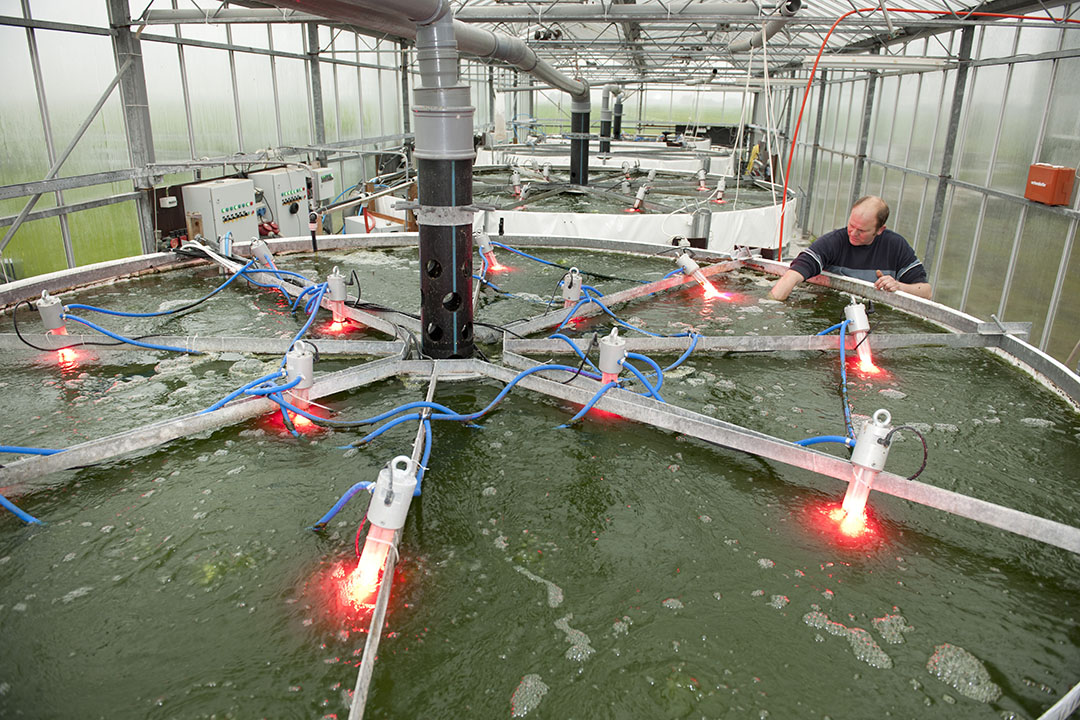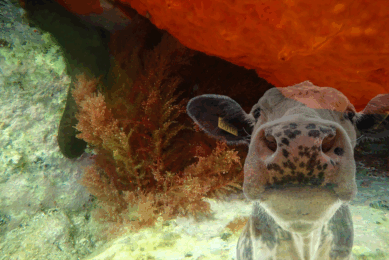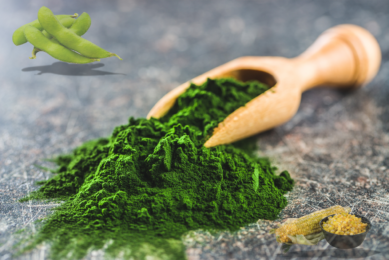EU protein plan should include more protein sources

The algae and insect sectors call for a wide EU Protein Plan targeting at ‘new’ protein sources.
In the wake of the ‘EU Plant Proteins’ report, the EU umbrella organisations for the algae (EABA) and insect production sectors (IPIFF) jointly called for a wide EU Action Plan to boost the development of ‘new’ proteins sources in Europe.
Look beyond vegetal or conventional protein sources
On 22 November, the European Commission adopted a report on the ‘Development of Plant Proteins in the European Union’. Intended to explore possible avenues in response to the Protein Deficit in Europe, this document was presented on the occasion of a high-level conference co-organised with the Austrian Presidency on 22 and 23 November (in Vienna). Reacting to the communication, the IPIFF President Antoine Hubert stated: ‘as representative organisations for the algae and insect production sectors, we do welcome the European Commission plans to develop plant protein production in the EU. We do however believe that the EU institutions should look beyond vegetal or conventional protein sources, and notably explore possible synergies with ‘new’ proteins sources’.
The EABA President, Vitor Verdelho Vieira also pleaded for the establishment of an ‘inclusive’ EU strategy: “Complementary sources of protein sources such as algae and insects can play a decisive role to reduce nutrient deficiencies in animal feed formula or to complement consumers’ diets. Yet, in view of their potential to be fully exploited, EU Policy makers should develop a wide EU Action Plan which would also comprise appropriate measures targeted at those sectors,” said the EABA Chair.
Algae and insect sectors join forces
Against this backdrop, the EU organisations for the algae (EABA) and insect sectors (IPIFF) decided to join forces and agreed on a set of concrete proposals:
- “First and foremost, we call for the establishment of appropriate EU funding measures and cross sectorial collaborations – e.g. through EU Research and Development projects, tenders targeted at EU industry associations – to foster the upscaling of these emerging industries. All available options to close the current knowledge gaps and barriers to the uptake of these new solutions, should indeed be explored,” emphasised the IPIFF President Antoine Hubert.
- “Moreover, we are pleading for the launch of EU information campaigns to raise awareness on the existence and advantages of new protein sources, while promoting the benefits of eating a variety of protein sources for EU consumers,” added the IPIFF Chair.
About EABA and IPIFF
The European Algae Biomass Association (EABA) acts as a catalyst for fostering synergies among scientists, industrialists and decision makers in order to promote the development of research, technology and industrial capacities in the field of Algae. The International Platform of Insects for Food and Feed (IPIFF) is a non-profit organisation which represents the interests of the insect production sector towards EU policy makers, European stakeholders and citizens. Composed of 46 members, most of which are European insect producing companies, IPIFF promotes the use of insects and insect derived products as top tier source of nutrients for human consumption and animal feed.
Source: IPIFF











